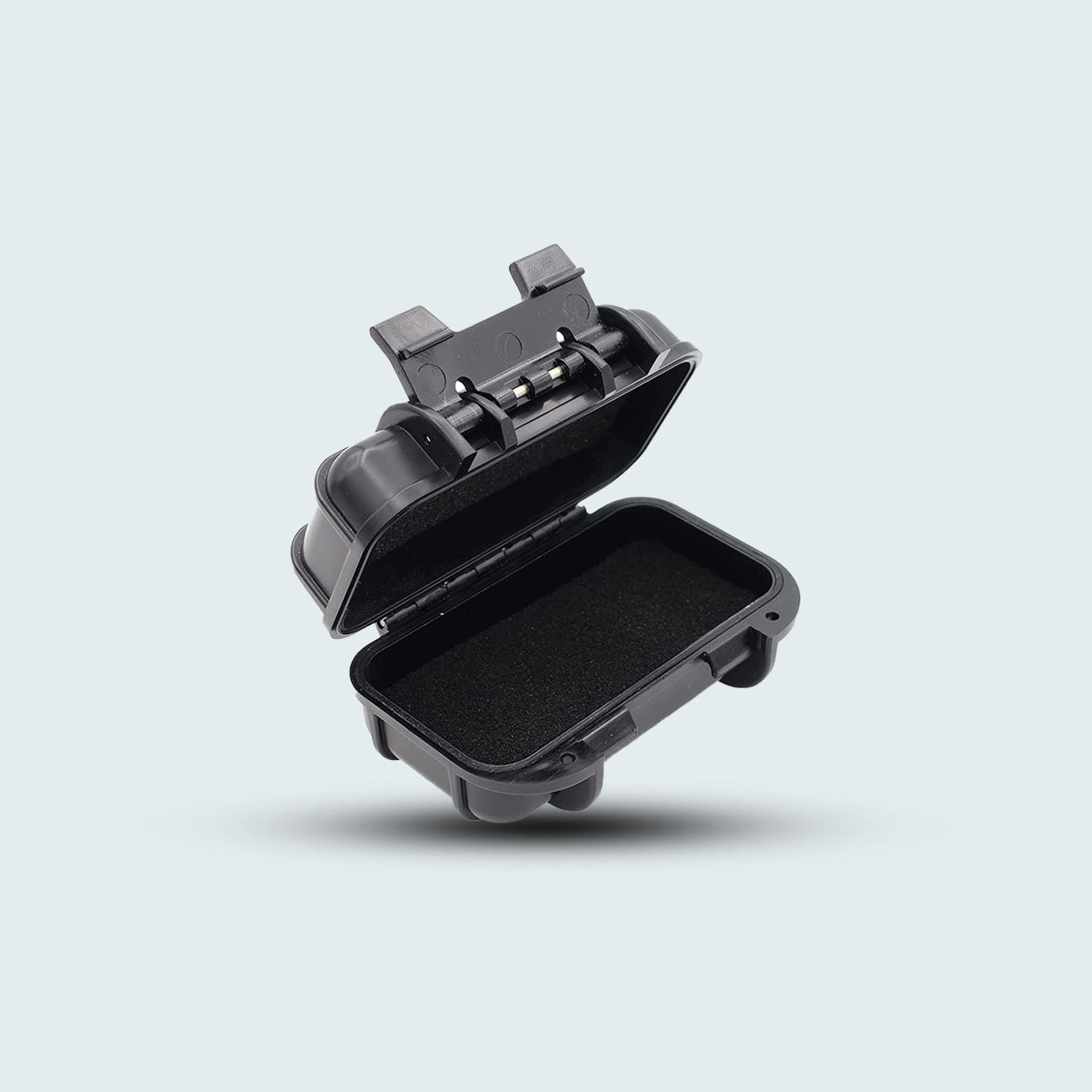Private investigators use GPS trackers to track locations, analyze travel patterns, and monitor movements without direct surveillance. These devices help them gather evidence, improve efficiency, and reduce risks in investigations.
However, tracking someone without consent can lead to legal trouble. Investigators must follow privacy laws and have proper authorization to use GPS legally.
GPS Tracking Devices and Private Investigators
Private investigators use GPS trackers to keep an eye on a person’s movements in real-time. These small devices are often hidden on cars or belongings to track where someone goes.
Instead of following someone in person, investigators can rely on GPS data to see their location. But in many places, using a tracker without permission is illegal.
Benefits of GPS trackers For Private Investigators
Real-Time Tracking
GPS trackers help private investigators monitor a subject’s movements instantly. This allows them to track someone without physically following them.
Better Surveillance
Using GPS reduces the need for constant physical surveillance. Investigators can focus on analyzing movement patterns rather than chasing targets.
Accurate Evidence
GPS trackers provide precise location data that can be used as proof. This helps in legal cases, fraud investigations, and missing person searches.
Safer for Investigators
Following a person in real life can be risky and may lead to confrontations. GPS tracking allows investigators to stay at a safe distance while gathering information.
Cost-Effective
Hiring multiple investigators for surveillance can be expensive. GPS trackers offer a cheaper way to track someone without needing extra manpower.
24/7 Monitoring
Private investigators can monitor a subject even when they are asleep or unavailable. GPS devices work continuously, providing updates at all times.
Fewer Mistakes
Mistakes happen when tracking someone manually. GPS trackers eliminate errors by providing accurate and automatic location updates.
Legal and Ethical
When used within legal limits, GPS trackers offer a non-intrusive way to gather information. They help investigators conduct surveillance without invading privacy illegally.
How Private Investigators Use GPS To Track You
Private investigators use GPS trackers to monitor a person’s movements without being physically present. These devices help them collect location data quickly and discreetly.
Vehicle Tracking
Investigators place GPS trackers on cars to monitor travel routes. This allows them to follow movement patterns without direct surveillance.
Live Updates
GPS devices send live location updates, helping investigators track someone remotely. This reduces the need for physical monitoring.
Geo-Fencing Alerts
Some trackers notify investigators when a subject enters or leaves a specific area. This helps them know when someone visits important locations.
Travel History
GPS records show past locations and routes. Investigators analyze this data to identify routines and frequent stops.
Asset Monitoring
Investigators track missing or stolen vehicles using GPS. This helps recover property and confirm asset usage.
Discreet Surveillance
GPS trackers operate silently, making it easier to monitor someone unnoticed. This keeps investigations low-profile and effective.
Data Verification
Investigators cross-check GPS records with social media or financial data. This helps confirm if a person was actually at a location.
Check out: Best GPS Trackers For Private investigators
Frequently Asked Questions
Is it legal for private investigators to use GPS tracking devices?
It depends on the situation. If they have the owner's consent or legal authorization, it's fine, but placing a tracker without permission is illegal in many areas.
Can GPS tracking devices be used to track someone without their knowledge?
In most cases, no. Tracking someone without their consent is a violation of privacy laws unless law enforcement has a warrant.
What are the potential consequences of illegally using GPS tracking devices?
There can be serious legal consequences, including fines and criminal charges. A person being tracked unlawfully might also take legal action for invasion of privacy.
Can GPS tracking devices be used to track vehicles without the owner's consent?
No, unless the tracker is placed by the vehicle owner or law enforcement with a legal order. Using a tracker without permission can lead to legal trouble.
Read More: GPS tracking laws by state






